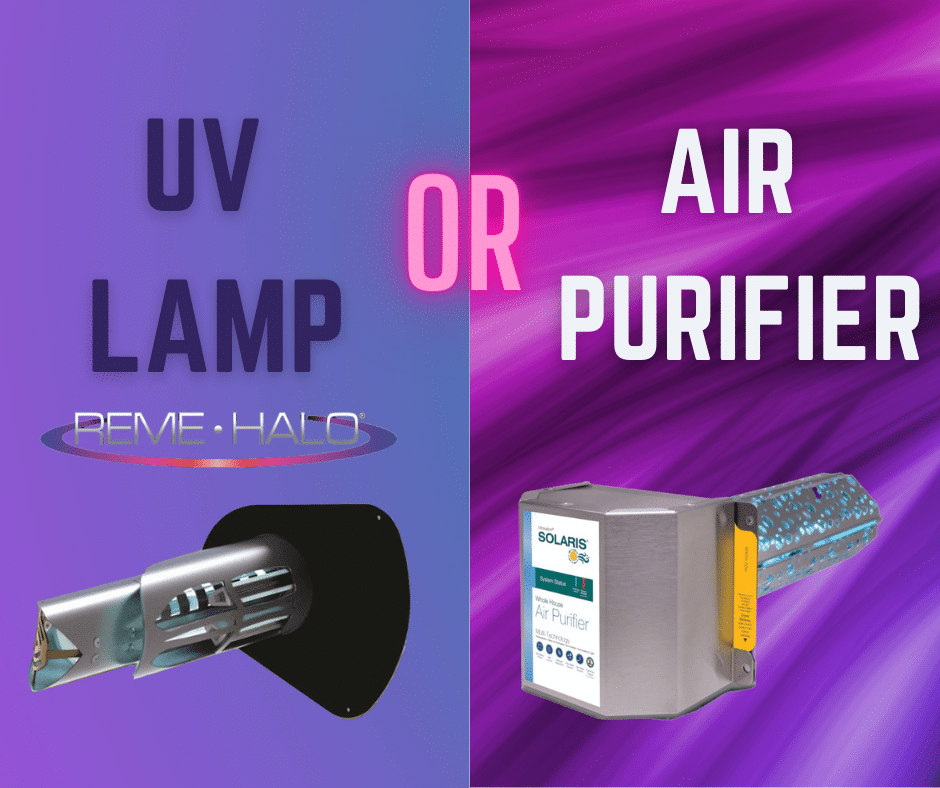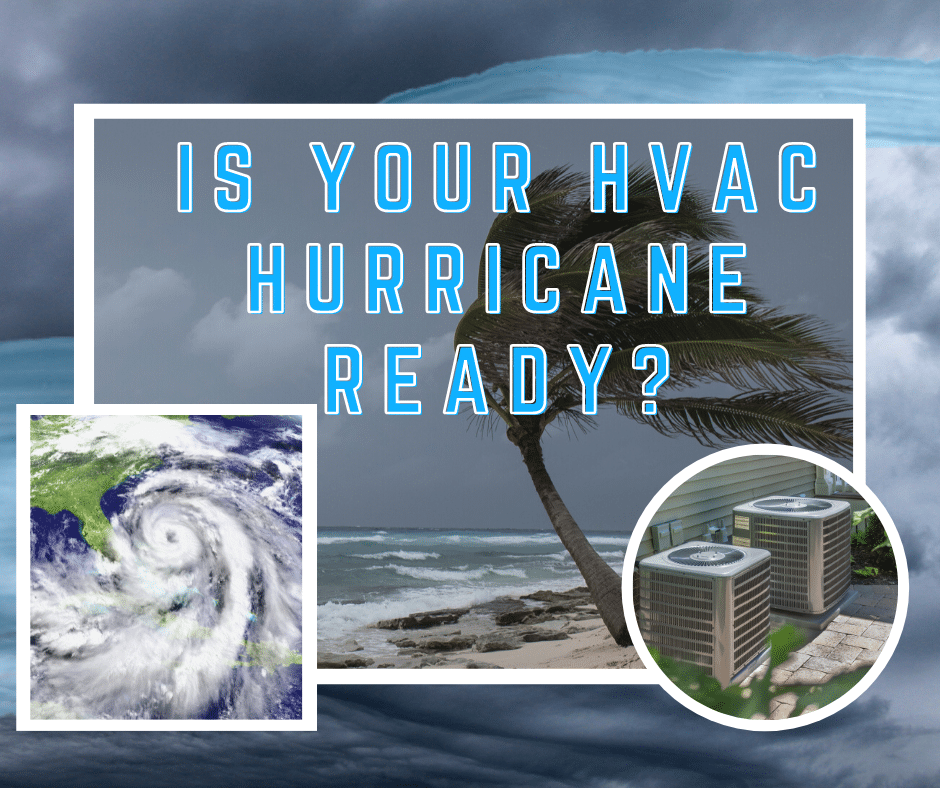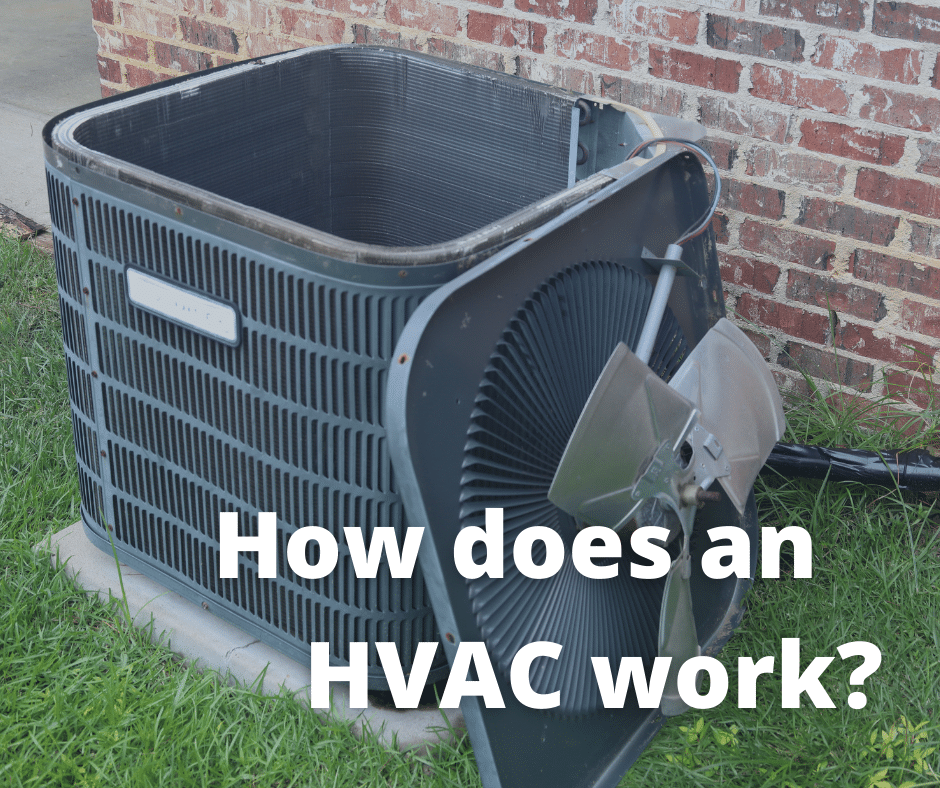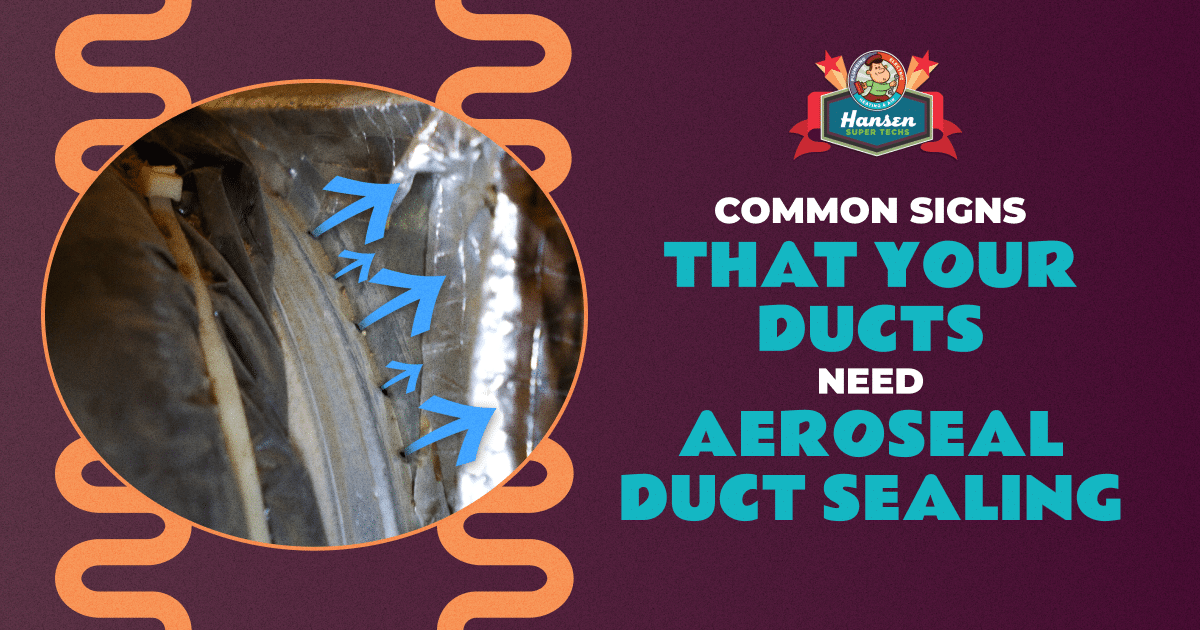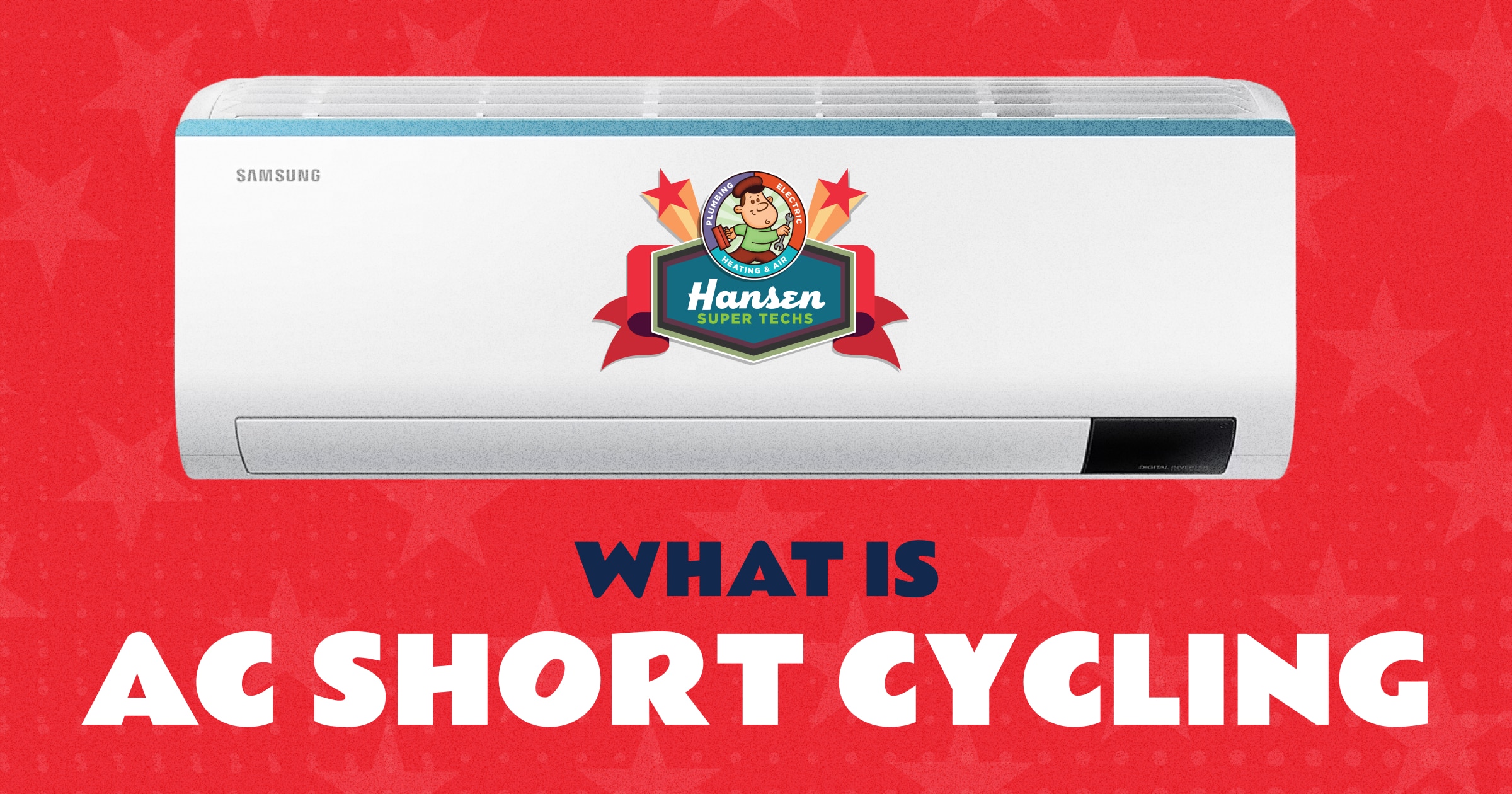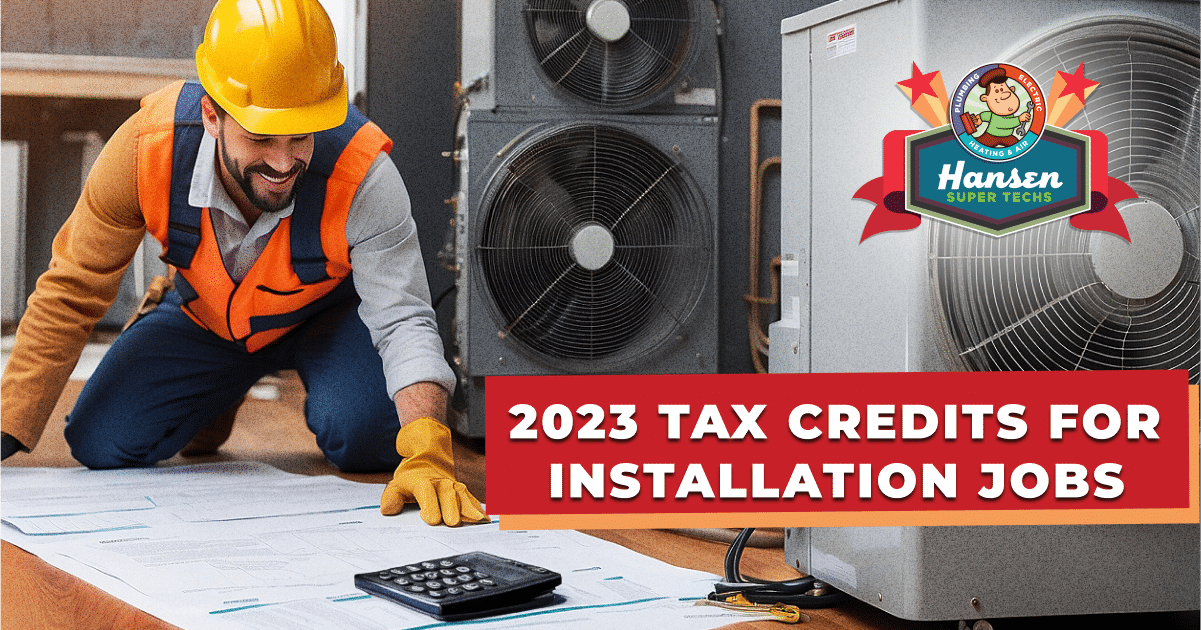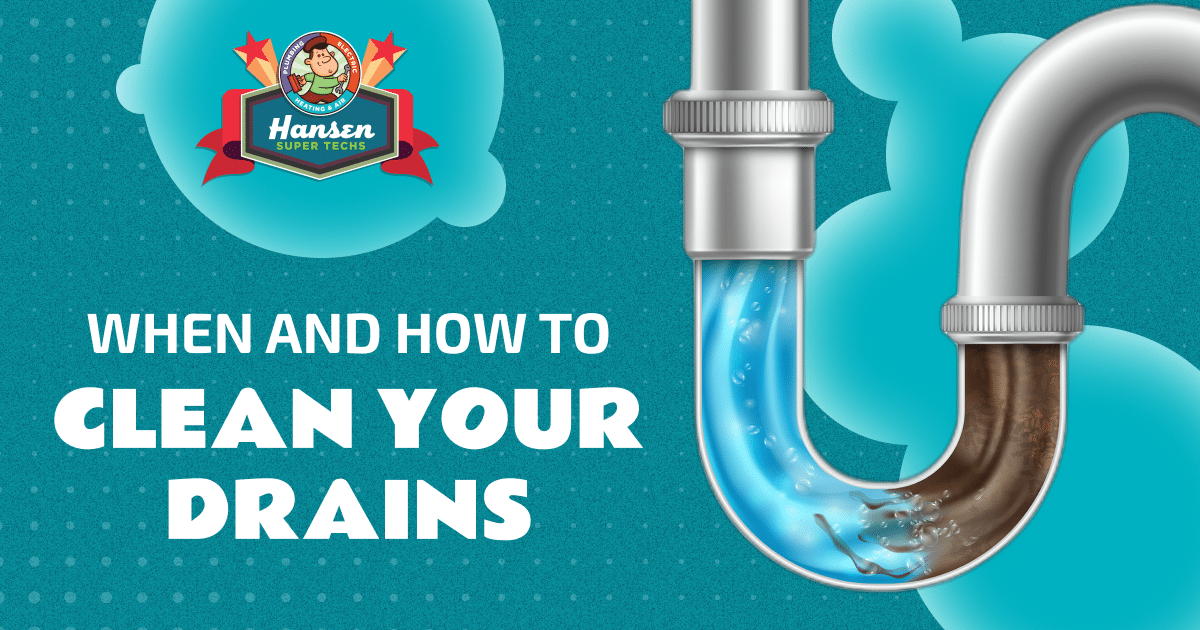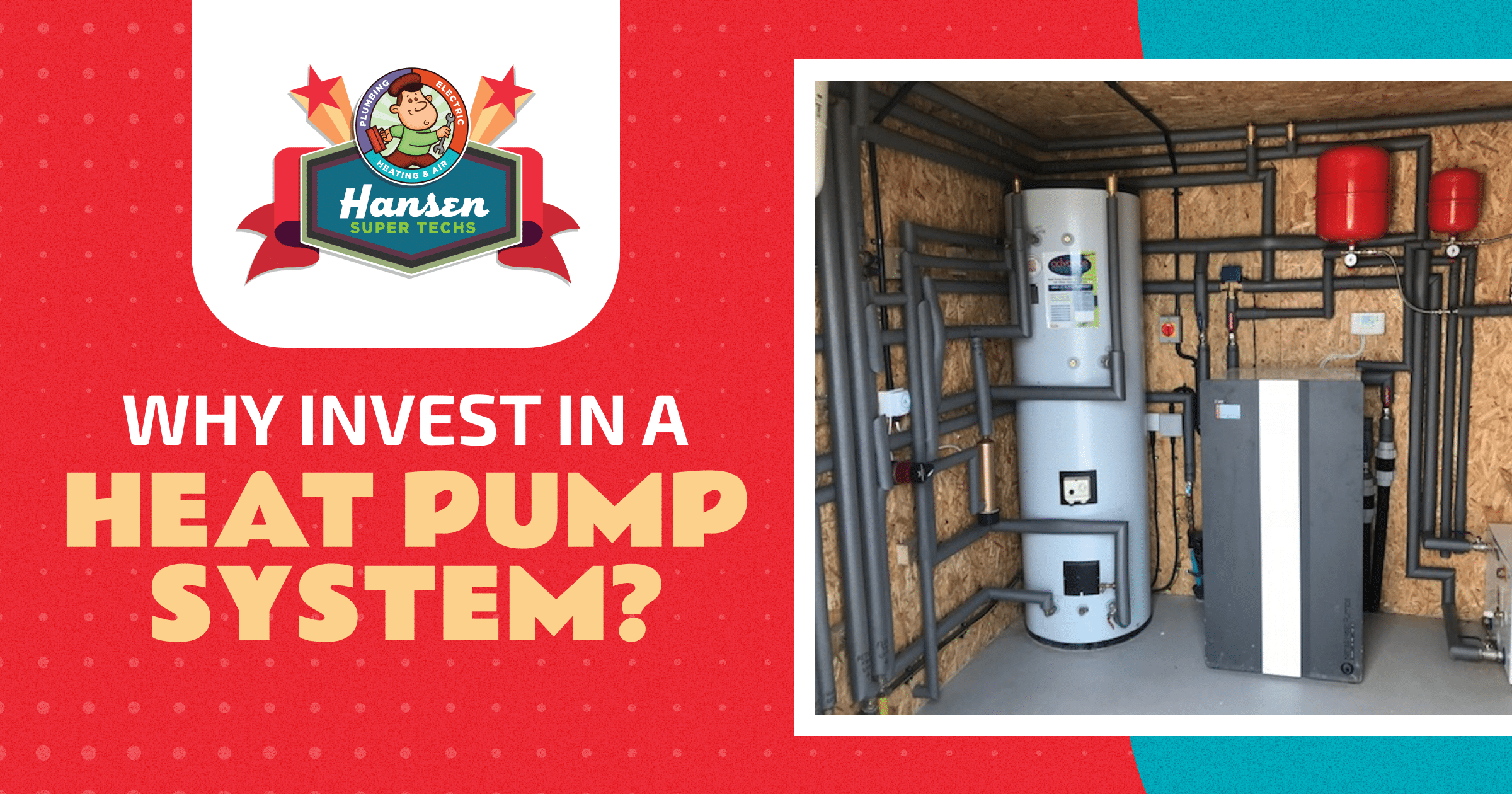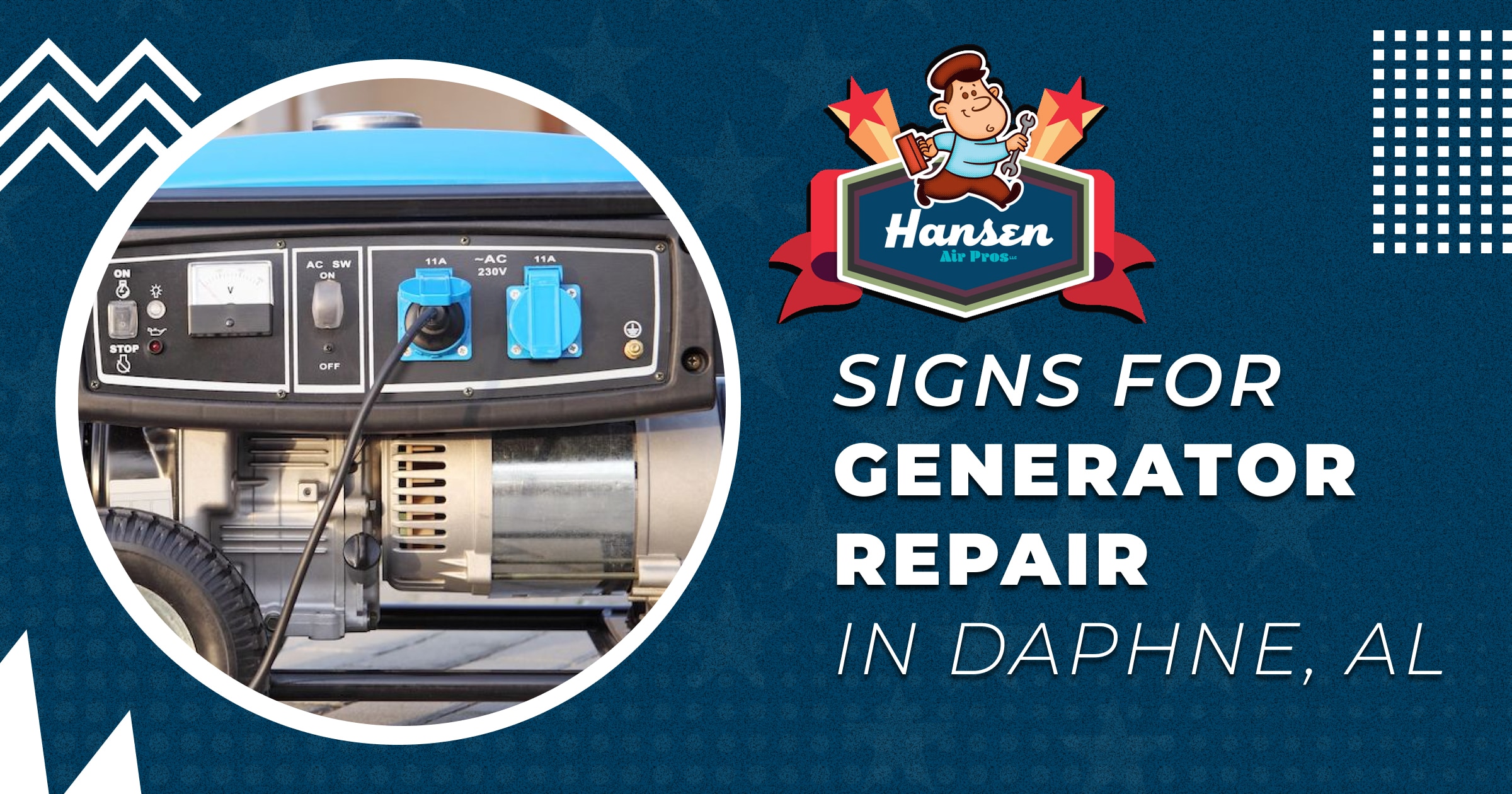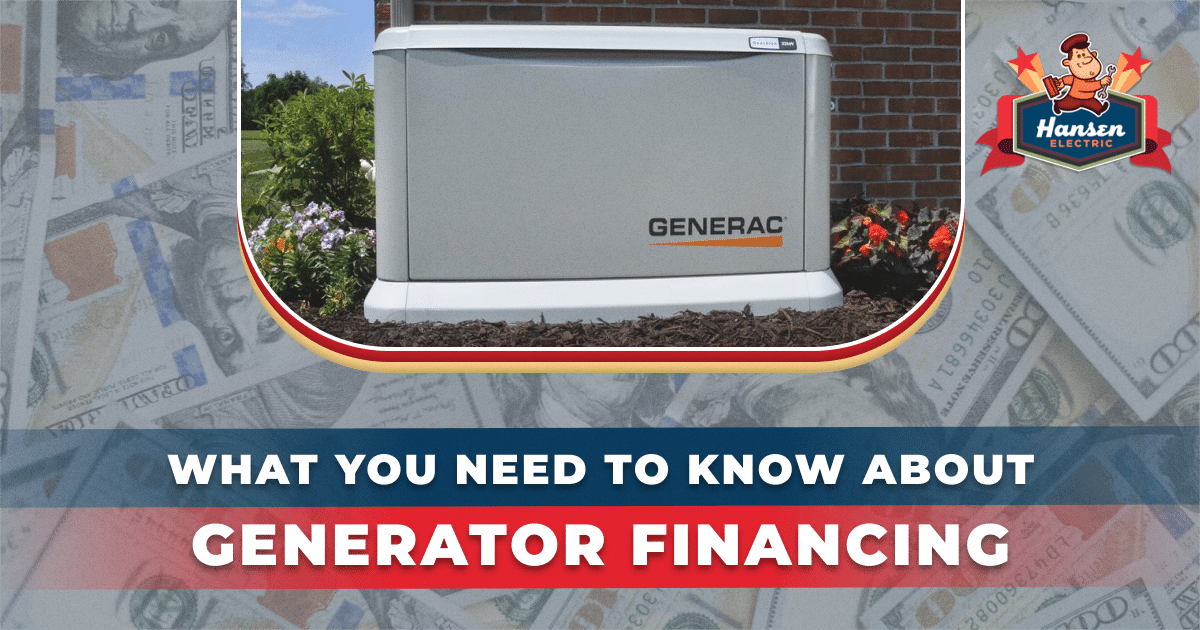In the quest for cleaner indoor air quality, the HVAC industry developed excellent solutions that help clean the air inside our spaces. The most known solutions include air purifiers and UV lights....
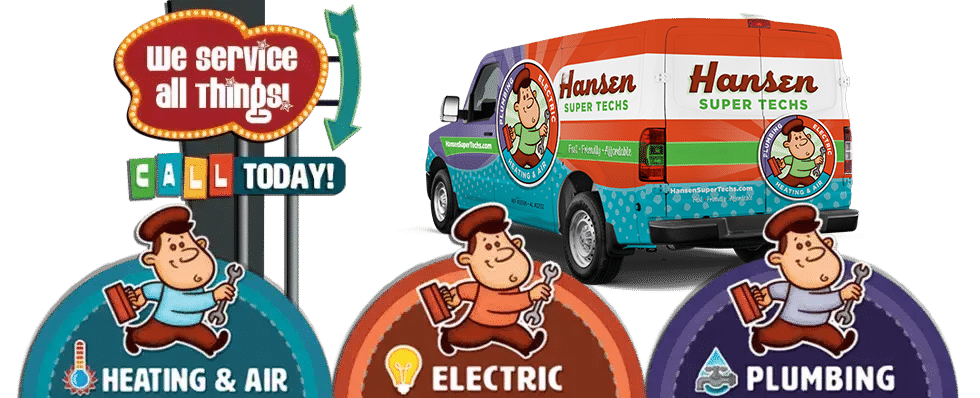
General Archives
How to Prep an AC System for Hurricanes
As another hurricane season makes its way to our horizons, it is important that you get your home ready for the severe damage of the high-speed winds that hit the area. Because we are the finest...
Tips to Winterize Your HVAC System in MS & AL
Why Prioritize Winterizing Your Air Conditioner System? As the warm summer days fade away and are replaced by the chilly air of early fall, residents of Southern states have to take extra steps to...
How Does A Home HVAC System Work?
There is nothing more important on a hot summer day or a frigid winter afternoon than a properly working HVAC system. Whether you need that cool air to provide you with much-needed relief from the...
DIY vs. Professional AC Unit Replacement: Pros and Cons
Pros and Cons of Replacing AC Units Yourself vs. Hiring a Professional With summer fast approaching, you may have already experienced warm enough temperatures that forced you to crank up the air...
Common Signs That Your Ducts Need Aeroseal Duct Sealing
If you have a central air conditioning unit in your home, you are likely aware of the need for good-quality ductwork to keep the unit operating efficiently. It is also essential for good indoor air...
What is AC Short Cycling?
While most air conditioning systems built today are made with the most innovative technologies that provide durable and lasting performance, there are still several nuances that homeowners need to...
2023 Tax Credits for HVAC Installation
If you know that your heating or air conditioning system is coming up on its last year or so of operation, you're in luck! Recent legislation has made new federal tax credits available through the...
When and How to Clean Your Drains
Sometimes a clogged drain can pose a real problem. When the problem persists, it can cause a lot of issues. Clogged drains can lower the efficiency of appliances, cause harm to your plumbing, and...
Why Invest in A Heat Pump System?
Unless you are an HVAC technician, chances are that you don’t really know much about heat pumps. After all, this advanced HVAC system hasn’t been around for too long, and not too many people talk...
Signs for Generator Repair in Daphne, AL
When you live in a part of the country like Daphne, AL that is prone for tornadoes, having a generator for your home or business is a must. Generators provide the back up energy you need in the...
What You Need to Know About Generator Financing
With new inflation on the rise, many of us are struggling more than usual to keep up with the increasing costs of goods and services. For those of us who require essential home equipment like a new...

